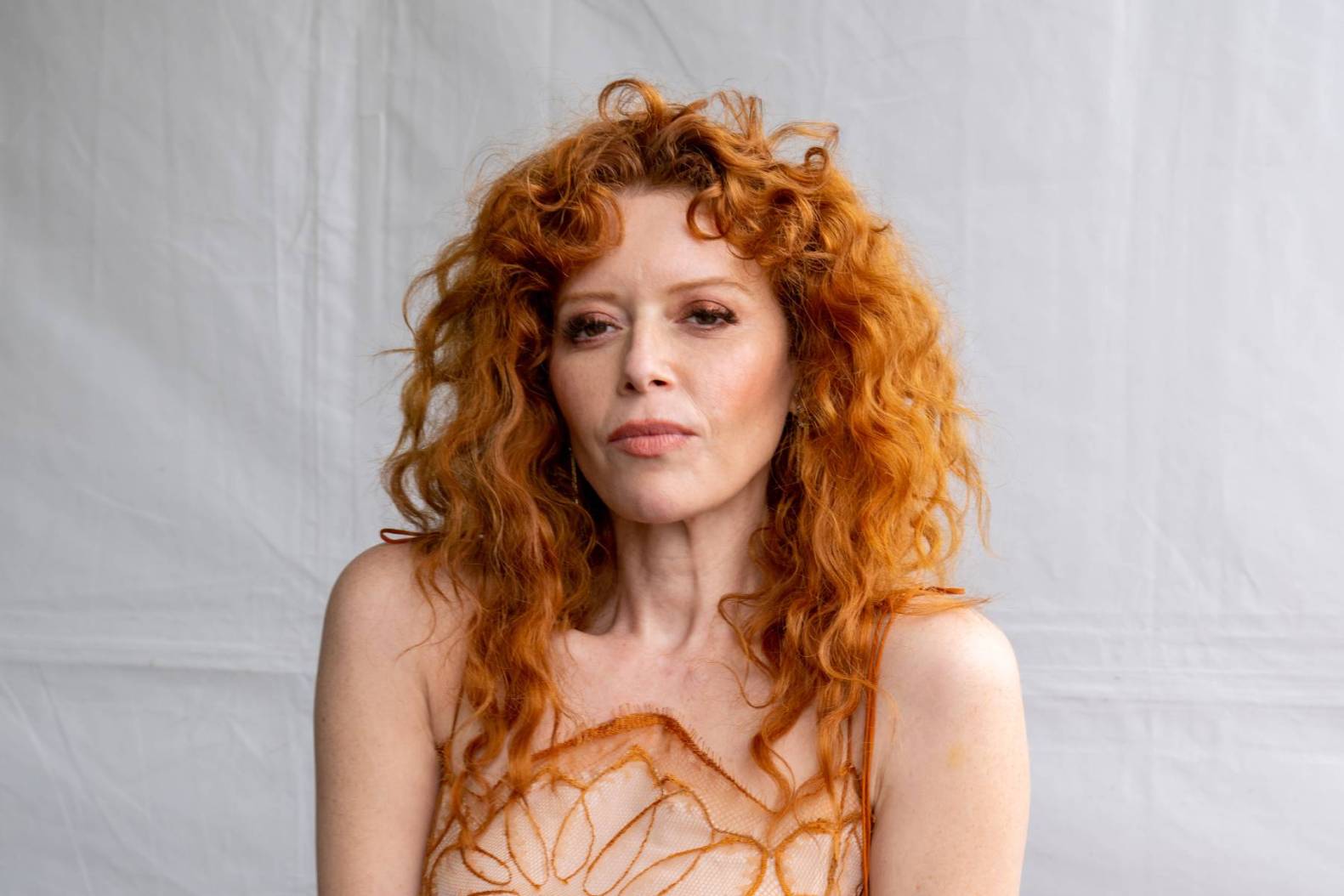Natasha Lyonne’s ‘Uncanny Valley’ Explores AI in Sci-Fi
Actress, writer, and director Natasha Lyonne is venturing into the world of artificial intelligence with her new sci-fi film, ‘Uncanny Valley.’ Lyonne is collaborating with Brit Marling, co-creator of ‘The OA,’ and virtual reality pioneer Jaron Lanier on the project. The film will feature AI-generated visuals from Asteria, a generative AI film and animation studio co-founded by Lyonne and filmmaker Bryn Mooser.

‘Uncanny Valley’ follows Mila, a teenage girl immersed in an open-world augmented reality video game, blurring the lines between physical and digital realities. Lyonne and Marling have co-written the screenplay, with both actresses starring in the film. Lyonne is also making her feature directorial debut.
The movie’s use of AI-generated visuals is a significant aspect, as Asteria has developed a ‘clean and ethical’ AI model called Marey, trained only on licensed content. This approach differs from other models that have used publicly available or copyrighted material without permission.
Lyonne described working on ‘Uncanny Valley’ with Marling as a journey through ‘The Matrix,’ comparing their creative process to Dianne Wiest and Diane Keaton at their most loquacious. The film’s release platform, whether theatrical or streaming, has not been announced.
The incorporation of AI in ‘Uncanny Valley’ is noteworthy, given the controversy surrounding AI in the entertainment industry. Lyonne was among the signatories of a letter urging the federal government not to loosen copyright protections for AI companies. The film’s success will depend on how audiences receive its blend of traditional storytelling and cutting-edge AI technology.
As Lyonne noted, the public’s perception of AI is generally negative, and the film industry has seen backlash against AI-generated content. However, ‘Uncanny Valley’ may represent a new direction in cinematic storytelling, potentially embracing the inevitable integration of AI in the industry.


